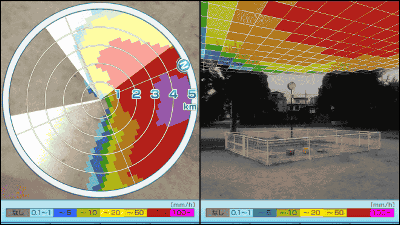Should I walk or should I run in order not to get wet to the rain as much as possible?

Even though I do not have an umbrella, it is raining suddenly that everyone should have experienced getting lost as to whether to run at a stretch or to walk over time. Wanting not to get wet in the rain as much as possible Whether 'Walking' is better or 'Running' is better, a movie explaining the answer 'Is it Better to Walk or Run in the Rain?"Has been published and it has become a content which is easy to understand.
Is it Better to Walk or Run in the Rain? - YouTube
When forgetting an umbrella on a cold rainy day, which is better, whether to go back walking over time, to avoid getting wet as much as possible, or to run without taking time?
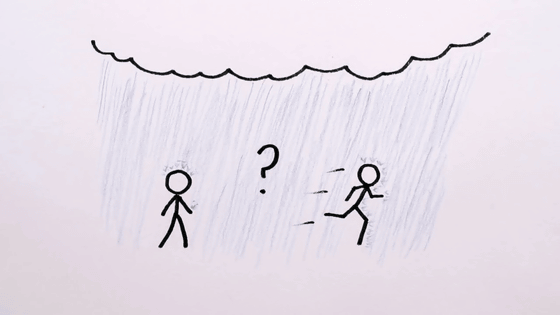
Even if you are moving, it will keep raining on your head, so the amount of rain you get overhead will be constant regardless of the speed of movement.
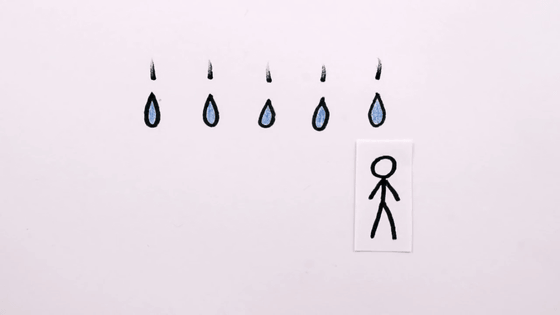
For example, considering that the rain was completely restrained, if you consider yourself as heading straight upwards, you can see why the amount of rain you get overhead is not related to moving speed.
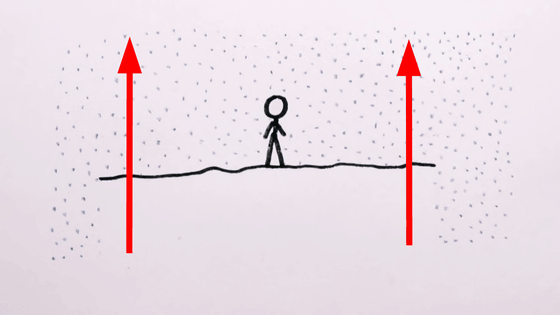
The volume of a parallelepiped and a rectangular parallelepiped with the same bottom area and height are exactly the same.
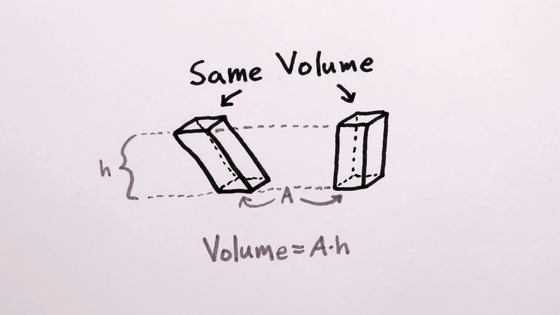
The amount of rain received is the same for those who move straight above the restrained rain and those who go to the right oblique direction. In other words, the amount of rain overhead at a certain time is the same whether it stops in the rain but moves.
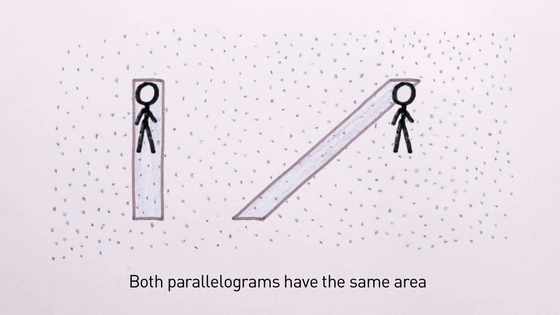
However, people stopping in the rain only receive rain over their heads, but if they run they will get rain from the front as well.
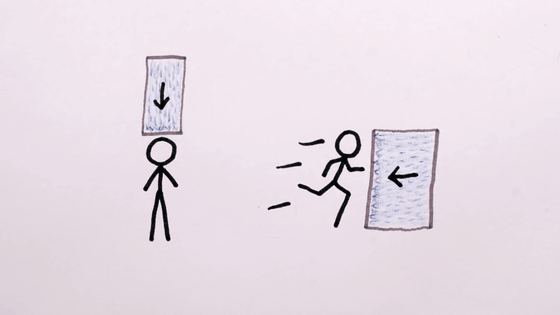
The amount of water received from the front every second is proportional to the moving speed.
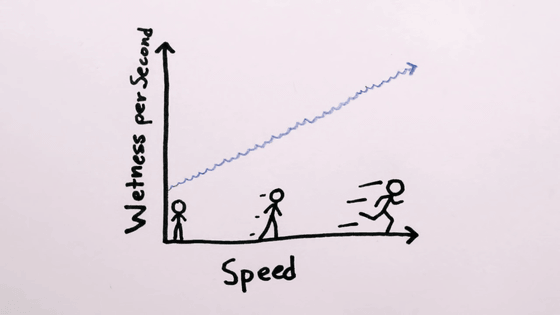
However, the total amount of rain received at a certain distance is not related to the movement speed.
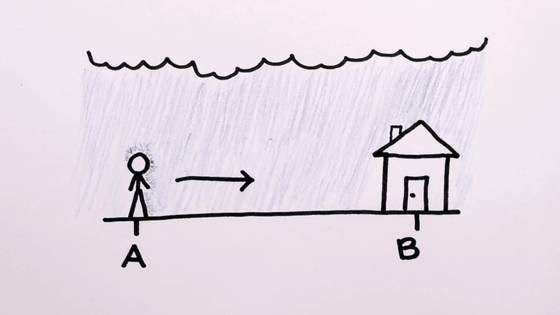
Although it will slowly advance in a snow removing machine, it will proceed fast but the same reason that the total snow removal amount becomes the same though the amount of snow removal per second is different.

The amount of rain received overhead over a certain period of time is constant regardless of the speed of movement and the amount of rain received from the front at a certain distance is also constant regardless of speed.
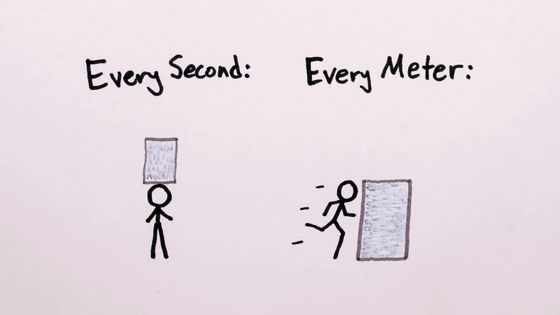
In summary of the above theory, when expressing the total amount of rain received by the formula, "total amount = rain amount received overhead per second × time + rain amount received in front at every 1 meter × distance × distance".
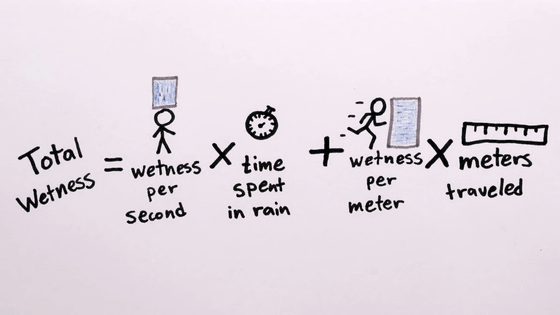
That is, when moving in a certain distance in the rain ......
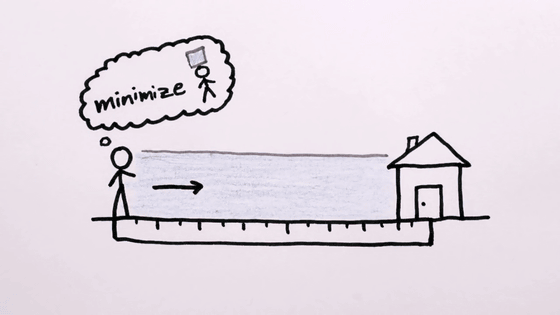
If you do not want to get wet in the rain, the total amount will decrease if you move the traveling time to a lesser extent.
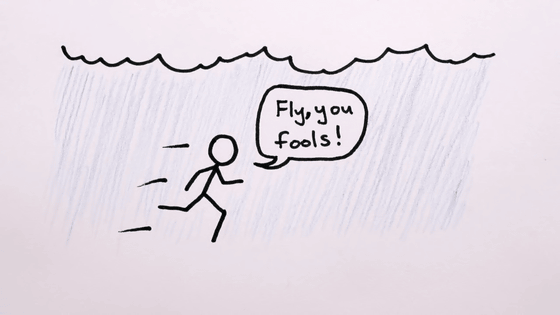
Related Posts:






